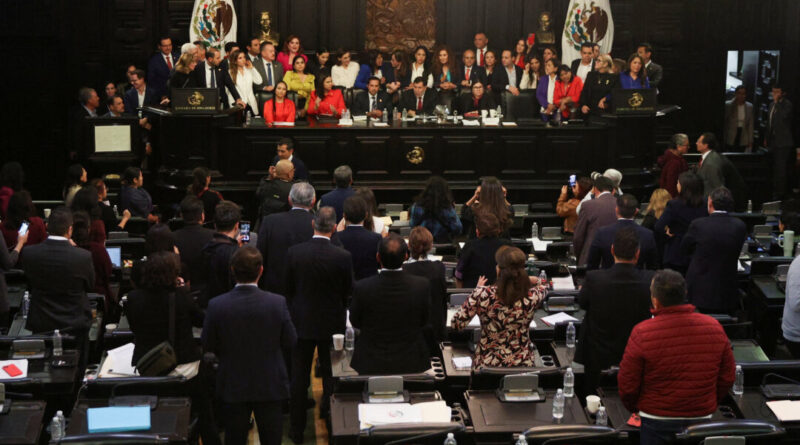Senate in Mexico Approves Judicial Reform amid Protests and Supreme Court Opposition
The constitutional reform has been approved by Mexico’s Senate, despite opposition from critics and the Supreme Court. The reform allows judges, including those on the Supreme Court, to be elected by popular vote. It also reduces the Supreme Court’s membership from 11 to 9, limits term lengths to 12 years, decreases necessary work experience to 5 years, and eliminates the minimum age requirement of 35.
The approval of the reform, secured with an 86–41 vote on Sept. 11, has sparked protests and concerns about the potential impact on the balance of power within Mexico’s legal system. While opposition parties like the PRI have criticized the reform’s passing, President Andrés Manuel López Obrador has praised it as a significant step toward a more transparent judiciary.
The reform allows for the election of judges, magistrates, and ministers, aiming to improve the administration of justice in Mexico. Despite mixed reactions, advocates of the reform believe it will combat corruption within the judiciary, while critics fear it may lead to political interference and undermine judicial independence.
Concerns have been raised by various figures, such as U.S. Ambassador Ken Salazar, who warned that the reform poses a threat to democracy and could negatively impact Mexico’s legal framework. Mexico’s Supreme Court President, Norma Lucía Piña Hernández, has also voiced opposition to the reform, suggesting alternative ideas for judicial improvements.
The reform’s approval follows intense debate and protests in the Senate, underscoring the contentious nature of the changes. Moving forward, the popular election of judges, magistrates, and ministers is expected to reshape Mexico’s legal landscape, with elections slated for 2025 and beyond.



